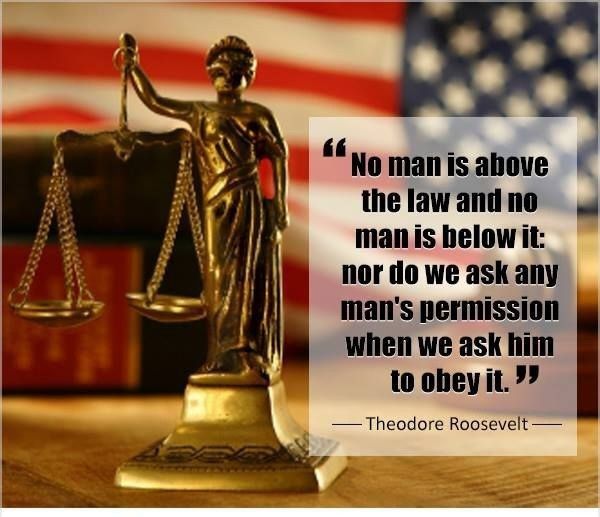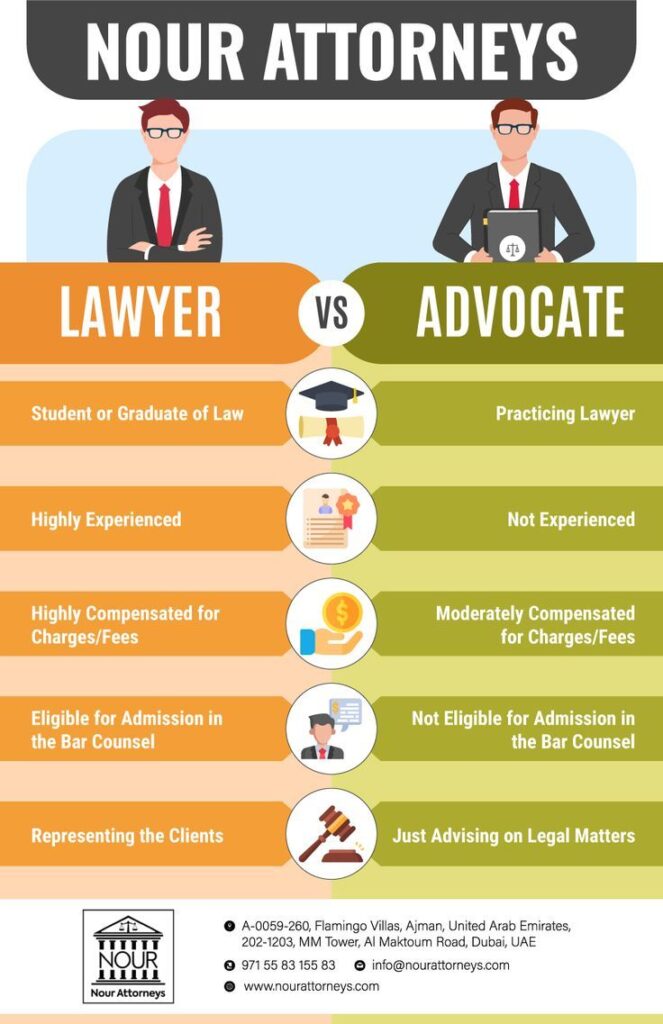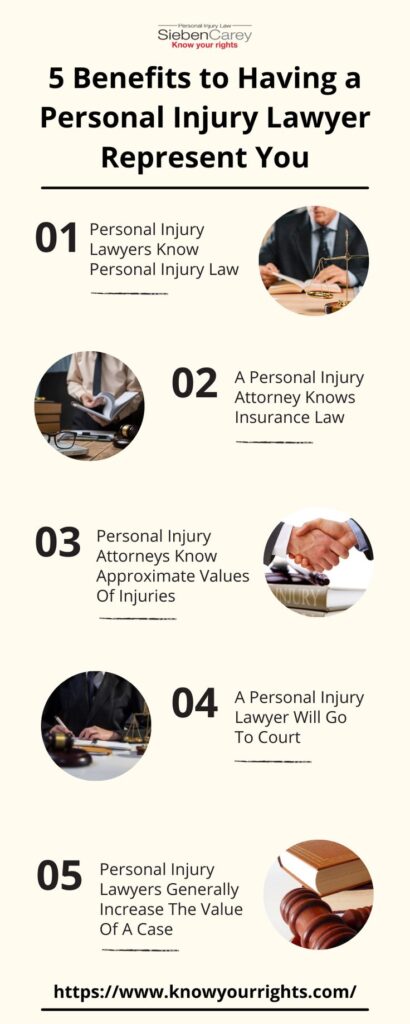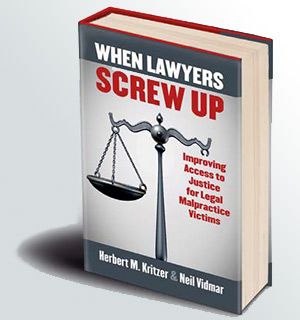Navigating the legal process after an injury can be daunting, especially when financial concerns come into play. This is where “no-win, no-fee” personal injury lawyers provide a valuable service. In this article, we’ll explore how these lawyers operate, their benefits, and what you should consider when choosing one.

What Does “No-Win, No-Fee” Mean?
The term “no-win, no-fee” refers to a contingency fee arrangement in which the lawyer’s payment is contingent upon the successful resolution of your case. Here’s how it works:
- No Upfront Costs: You don’t pay any fees to hire the lawyer or start the legal process.
- Payment Upon Success: The lawyer only receives payment if they win your case, typically as a percentage of the settlement or award.
- Risk-Free Legal Assistance: This arrangement shifts the financial risk away from the client.
Benefits of Choosing a No-Win, No-Fee Lawyer
1. Accessibility to Legal Help
- Individuals who cannot afford upfront legal fees can still access high-quality representation.
2. Motivated Representation
- Lawyers working on contingency are highly motivated to achieve a favorable outcome since their payment depends on it.
3. Financial Security
- Clients don’t have to worry about paying legal fees if the case is unsuccessful.
How No-Win, No-Fee Lawyers Operate
1. Initial Consultation
- Case Evaluation: The lawyer evaluates your case to determine its strength and viability.
- Agreement Signing: If the lawyer agrees to take the case, you sign a contingency fee agreement outlining the terms.
2. Case Preparation
- Evidence Gathering: Collecting medical records, witness statements, and other relevant documents.
- Expert Consultations: Collaborating with experts to strengthen the case.
3. Negotiation and Settlement
- The lawyer negotiates with the insurance company or opposing party to secure a fair settlement.
4. Litigation, If Necessary
- If a settlement cannot be reached, the lawyer will take the case to court and represent you throughout the trial process.
Common Questions About No-Win, No-Fee Arrangements
1. What Happens If You Lose?
- You are not required to pay the lawyer’s fees. However, you might still be responsible for certain costs, such as court filing fees or expert witness expenses.
2. How Much Will the Lawyer Take If You Win?
- Contingency fees typically range from 25% to 40% of the settlement or award. This should be clearly outlined in the agreement.
3. Are All Cases Eligible for No-Win, No-Fee?
- Lawyers generally accept cases with a high likelihood of success and significant potential compensation.

Factors to Consider When Choosing a No-Win, No-Fee Lawyer
1. Experience and Expertise
- Look for a lawyer who specializes in personal injury law and has a strong track record of success.
2. Clear Fee Agreement
- Ensure the terms of the contingency fee arrangement are transparent and fully explained.
3. Client Reviews and Testimonials
- Positive feedback from previous clients can indicate the lawyer’s reliability and effectiveness.
4. Communication Skills
- Choose a lawyer who is responsive and keeps you informed throughout the process.
Case Study: A Successful No-Win, No-Fee Case
Background: A construction worker was injured due to faulty equipment and faced mounting medical bills and lost wages. Unable to afford a lawyer upfront, they sought a no-win, no-fee personal injury lawyer.
Approach:
- The lawyer gathered evidence of negligence, including maintenance records and expert testimonies.
- They negotiated aggressively with the equipment manufacturer’s insurer.
Outcome: A settlement of $750,000 was secured, covering all medical expenses, lost wages, and additional compensation for pain and suffering.
Pros and Cons of No-Win, No-Fee Agreements
| Pros | Cons |
|---|---|
| No upfront costs | Higher percentage of settlement |
| Access to experienced lawyers | Not all cases are eligible |
| Financial risk shifted to lawyer | May still incur other costs |

Tips for Working with No-Win, No-Fee Lawyers
- Ask Questions
- Clarify the fee structure, additional costs, and expected timelines.
- Provide Honest Information
- Be transparent about your case to help the lawyer build a strong argument.
- Follow Legal Advice
- Adhere to your lawyer’s recommendations to maximize your chances of success.
- Keep Records
- Document all related expenses and communications for reference.
Conclusion
No-win, no-fee personal injury lawyers make legal representation accessible to those who might otherwise be unable to afford it. By understanding how these arrangements work and carefully choosing the right lawyer, you can focus on your recovery while they handle the complexities of your case. Whether negotiating a settlement or representing you in court, these professionals provide valuable support during challenging times.
